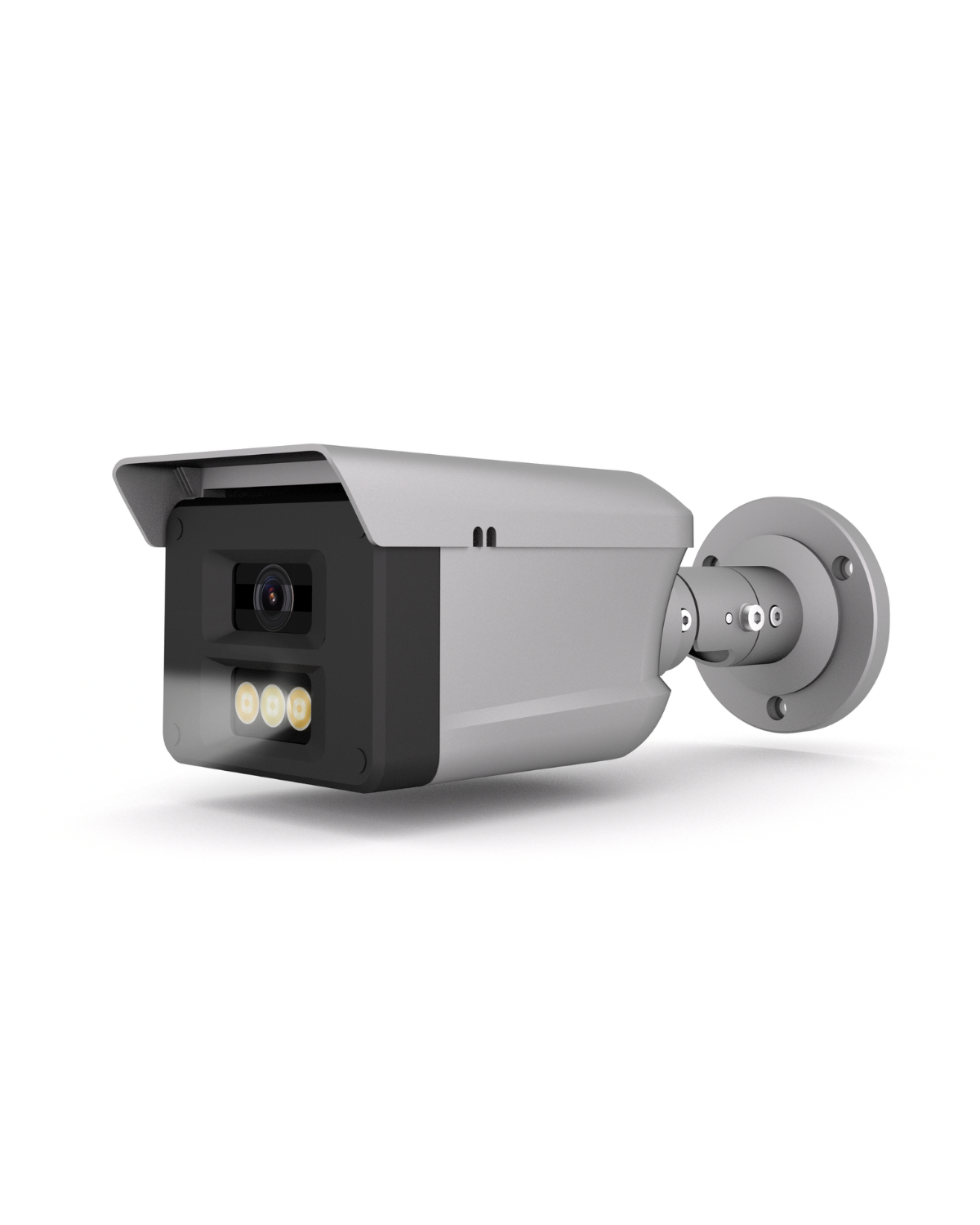How to Clean Battery Corrosion in Cameras? Comparing Anti-Rust Sprays and Polymer Anti-Corrosion Cameras
Battery leakage can lead to corrosion on the battery contacts and other metal components within a camera, potentially causing malfunctions or even permanent damage. Understanding how to clean battery corrosion and implementing preventive measures is crucial to extend the lifespan of your camera.
Impact of Battery Corrosion on Cameras
Battery leakage is a common issue in electronic devices, including cameras. When batteries leak, the corrosive substances can damage the battery contacts and internal metal parts, leading to operational failures or irreversible harm. Therefore, knowing how to address and prevent battery corrosion is essential for maintaining your camera's functionality.
Methods to Clean Battery Corrosion
-
Prepare Tools: Wear protective gloves and safety goggles. Gather cotton swabs, white vinegar or lemon juice, isopropyl alcohol, a pencil eraser, and a microfiber cloth.
-
Neutralize the Corrosion: Use a cotton swab dipped in white vinegar or lemon juice to gently apply to the corroded areas until bubbling occurs, indicating neutralization.
-
Clean Residue: Wipe the area with isopropyl alcohol to remove any remaining substances.
-
Dry and Inspect: Use a microfiber cloth to dry the area thoroughly, ensuring no residue remains.
-
Prevent Future Corrosion: Consider using anti-rust sprays or opting for cameras with built-in anti-corrosion features to minimize future risks.
Using Anti-Rust Sprays for Corrosion Prevention
Anti-rust sprays can create a protective layer over the camera's internal components or battery contacts to prevent corrosion. However, this method requires regular reapplication and may affect certain camera parts.
Advantages of Polymer Anti-Corrosion Cameras
In contrast, cameras constructed with polymer materials offer superior performance in corrosive environments:
-
Exceptional Corrosion Resistance: Specialized polymer materials effectively resist moisture, salt spray, and other corrosive elements, making them ideal for marine, chemical, and other high-corrosion settings.
-
Lightweight and Durable: Polymers provide an excellent strength-to-weight ratio, ensuring the camera remains robust yet easy to handle and transport.
-
Comprehensive Protective Design: Both the camera body and accessories are designed with corrosion resistance, guaranteeing reliability and long-term operation in harsh conditions.
-
Superior Imaging Capabilities: Equipped with advanced imaging technologies, such as low-light performance and AI-driven analysis, these cameras deliver clear, high-quality visuals across various environments.
Conclusion
Regularly cleaning battery corrosion and implementing preventive measures can significantly extend your camera's lifespan. While anti-rust sprays offer a preventive approach, cameras made with polymer materials provide notable advantages in corrosion resistance, durability, and maintenance. In high-corrosion environments, choosing a camera with inherent anti-corrosion features is a prudent decision to ensure long-term, stable performance.
4MP Anti-Corrosion Network Camera with Proprietary Polymer Material
AI Smart Anti-corrosion 4MP 32x Optical Zoom Network Dome Camera with Polymer Material

:max_bytes(150000):strip_icc():format(webp)/how-to-clean-battery-corrosion-5073244-02-1ea1352ad2034b94be9031c3e08633a5.jpg)

